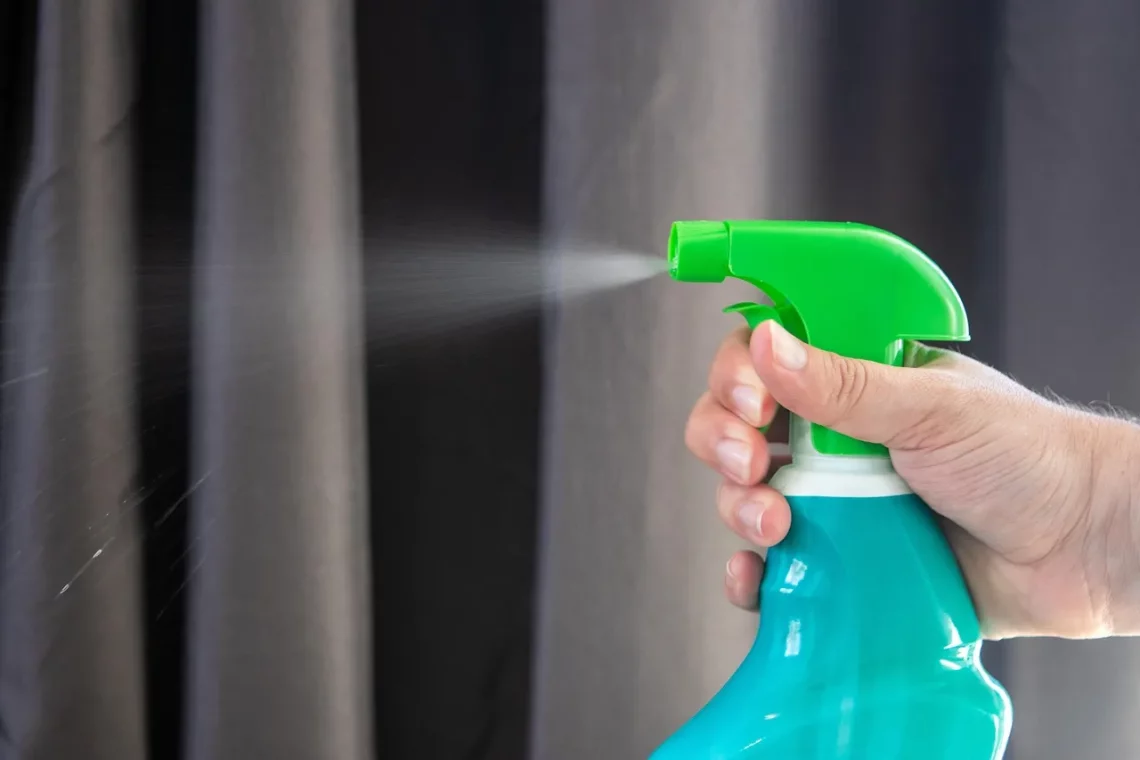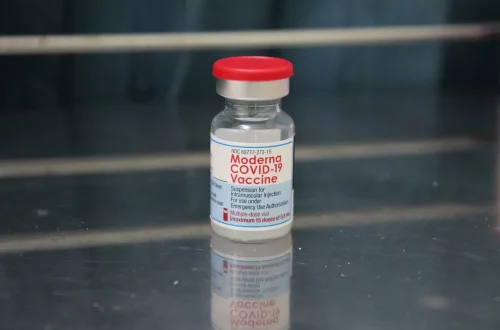
Effective Ways to Remove Dog Urine from Your Couch
Keeping a clean and inviting home can be a challenge, especially for dog owners. Dogs are wonderful companions, but they can also leave behind unpleasant surprises, particularly when it comes to accidents on the furniture. One of the most challenging issues is removing dog urine from your couch. Not only can the odor be strong and pervasive, but the stains can also be quite stubborn. If left untreated, they can lead to lasting damage and unpleasant smells that can permeate your living space.
The upholstery on your couch can be particularly absorbent, making it a prime target for accidents. When your furry friend has an accident, it’s essential to act quickly to minimize the damage. Using the right techniques and products can help you effectively eliminate both the stain and the odor, restoring your couch to its former glory. In addition, understanding the nature of pet urine and how it interacts with different fabrics can empower you to tackle this issue with confidence.
In this article, we will explore effective methods for removing dog urine from your couch, ensuring that your living space remains fresh and inviting. From homemade solutions to professional cleaning options, we will cover a variety of strategies that can help dog owners maintain a clean and comfortable home.
Understanding Dog Urine and Its Effects on Upholstery
To effectively remove dog urine from your couch, it’s important to understand what you’re dealing with. Dog urine contains various components, including water, urea, creatinine, uric acid, and ammonia. Each of these components can have different effects on upholstery, especially if they are allowed to sit for an extended period.
When urine soaks into the fabric of your couch, it can lead to staining and an unpleasant odor. The longer the urine remains on the fabric, the more difficult it becomes to remove. This is because the uric acid in urine can crystallize, creating a lingering smell that can be hard to eliminate. Additionally, different upholstery materials react differently to cleaning solutions, so it’s crucial to identify the type of fabric on your couch before proceeding with any cleaning methods.
For example, natural fibers like cotton and linen may absorb urine more readily than synthetic fabrics, which can make them more challenging to clean. On the other hand, synthetic materials like polyester may be easier to treat, but they can also hold onto odors if not cleaned properly. Understanding these nuances will help you choose the right cleaning approach.
Besides the immediate mess, failing to clean up dog urine properly can lead to long-term consequences. If urine seeps into the cushions or padding of the couch, it can cause permanent damage, leading to costly repairs or even the need for a new couch. Therefore, addressing the issue promptly is essential to maintain the integrity of your furniture.
Homemade Cleaning Solutions for Dog Urine
One of the most effective and economical ways to clean dog urine from your couch is to create your own cleaning solutions at home. Several common household items can help neutralize odors and break down stains without damaging your furniture.
A popular homemade solution involves a mixture of white vinegar and water. Vinegar is a natural deodorizer and can help eliminate the ammonia smell in dog urine. To create this solution, mix equal parts of white vinegar and water in a spray bottle. Spray the affected area generously and allow it to sit for about 10-15 minutes. Afterward, blot the area with a clean cloth to absorb the moisture. Repeat the process as necessary until the stain and odor are removed.
Another effective solution is baking soda, which is known for its odor-absorbing properties. After treating the area with vinegar and water, you can sprinkle baking soda over the damp spot. Let it sit for several hours or overnight, then vacuum it up. This dual approach of vinegar followed by baking soda can significantly enhance odor removal and stain lifting.
For those who prefer a more fragrant option, you can add a few drops of essential oils, such as lavender or lemon, to your vinegar solution. Not only will this help mask any lingering odors, but it will also leave your couch smelling fresh. Just be cautious with the amount of essential oil you use, as too much can leave a residue.
Finally, hydrogen peroxide is another option, particularly for light-colored fabrics. Mix a small amount of hydrogen peroxide with water and test it on an inconspicuous area of the couch first. If there’s no discoloration, apply it to the stained area, let it sit for a few minutes, and then blot it dry. However, avoid using hydrogen peroxide on dark fabrics, as it can cause fading.
Commercial Cleaning Products for Pet Odors
While homemade solutions can be highly effective, there are also numerous commercial cleaning products designed specifically for pet odors. These products often contain enzymes that break down the components of dog urine, making them a powerful option for deep cleaning your couch.
When selecting a commercial cleaner, look for products labeled as enzymatic cleaners. These cleaners are formulated to target and neutralize the odor-causing compounds found in pet urine. Read the labels carefully to ensure they are safe for use on your specific couch material. Some products may be suitable for upholstery, while others might be intended for carpets or hard surfaces.
To use a commercial cleaner, start by thoroughly blotting the stained area with a clean cloth to remove as much urine as possible. Follow the instructions on the product label, applying the cleaner to the affected area. Allow it to sit for the recommended time to let the enzymes work effectively, and then blot up any excess moisture.
For best results, you may want to test the cleaner on a small, hidden area of your couch first to check for any adverse reactions. Always follow the manufacturer’s recommendations for application and drying times.
In addition to enzymatic cleaners, there are also spray-on odor eliminators that can help maintain freshness in your couch over time. These products can be used regularly to keep your furniture smelling pleasant, especially in homes with multiple pets.
Preventive Measures to Avoid Future Accidents
While cleaning up after your dog is essential, preventing future accidents is equally important. Establishing a routine and creating a pet-friendly environment can significantly reduce the likelihood of urine stains on your couch.
First and foremost, consider crate training or using a designated area for your dog when you are not able to supervise them. This can help prevent accidents from occurring on your furniture. Additionally, make sure your dog has regular bathroom breaks, especially after meals, playtime, or long periods of being indoors.
If your dog is a puppy or has a history of accidents, consider using puppy pads in areas where they are allowed to roam. This can provide them with a designated spot to relieve themselves, reducing the chances of them choosing your couch as a bathroom.
Another preventive measure is to provide ample exercise and mental stimulation for your dog. Sometimes, accidents happen when dogs are anxious or bored. Regular walks, playtime, and training sessions can help keep your dog happy and well-adjusted, reducing the likelihood of accidents.
Finally, if your dog is older or has health issues that may contribute to incontinence, consult with your veterinarian. They can provide guidance and support tailored to your dog’s specific needs. Early intervention can often prevent more serious issues from developing.
In summary, while dog urine accidents can be frustrating, understanding how to effectively clean and prevent them can lead to a more harmonious home environment. By utilizing the right cleaning techniques and establishing preventive measures, you can ensure that your couch remains a comfortable and inviting space for both you and your furry friend.
**Disclaimer: This article is for informational purposes only and should not be considered medical advice. For any health concerns related to your pet, please consult a veterinarian.**




